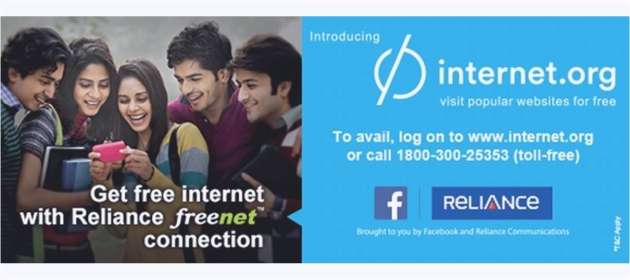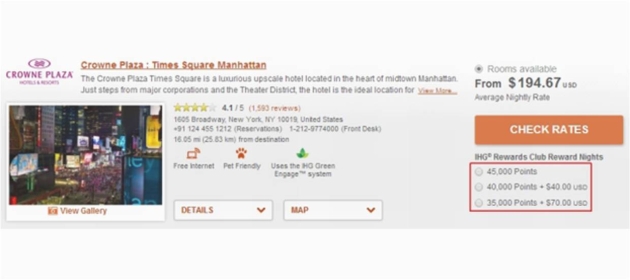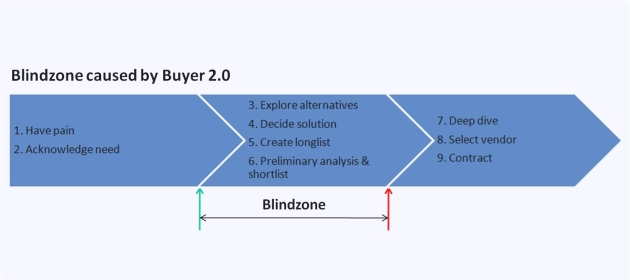Facebook and Reliance Communications (Top 3 MNO in India) partnered this past February to provide free access to Facebook and a bunch of other websites to Reliance customers via the Internet.org initiative.
Yesterday, Uninor, the Indian subsidiary of the Norwegian telecom giant Telenor Group, announced free Wikipedia access to its mobile subscribers.
Personally, I thought these were excellent steps towards accelerating “Digital India”. What’s not to like about free Internet, right? However, the blogosphere is abuzz with accusations that the moves by Reliance and Uninor violate Net Neutrality (click here and here).
Without judging that view, my first reaction was, so what? Firstly, Net Neutrality is not a law. Secondly, it seems like a First World Problem when many ISPs and MNOs in India are brazenly breaking their contractual obligations on uptime and speed of Internet connectivity.
So joining the debate on the principle of Net Neutrality seemed to be a waste of time. However, when I found some of the practical issues raised by the proponents of Net Neutrality totally lacking merit, I decided to jump in.
According to the Net Neutrality camp:
- By providing free access to some websites, MNOs are steering consumers to selective content and indirectly blocking content for which they’d have to pay
- To make up for providing free Internet, MNOs and / or the select content providers will target ads at consumers.
Here’s my take on each of them.
We’re already paying for content. I pay top dollar for not one or two but three different Internet plans because not even one of them is reliable enough. I struggle with slow speeds and high downtime on all three of them. Forget about the theory of equal and unencumbered access to all content, I can’t access a lot of content even after paying for access in practice.
Therefore, the new moves from Reliance, Uninor et al is a big improvement over my current situation. With their plans, I’ll get some content for free and I can still choose to access non-free content by paying for it. That sounds like empowering the consumer with a greater choice of their Internet provider. Ergo #ProNetChoice.
Only time will tell whether #ProNetChoice will deliver faster speeds and lower downtime but I’m reasonably sure that I’ll get at least the same content as from my three paid plans put together and for a lower cost. In other words, #ProNetChoice delivers more value for money.
 Today, I pay for all my Internet connections and still see my ISP’s ads on all of them – starting from their dialer software through to their landing pages. So ads from a free ISP hardly matters. And, who knows, if the ISP really uses technology to analyze my browsing history – they already collect it, mind you – they might actually show me more relevant ads, which is a good thing.
Today, I pay for all my Internet connections and still see my ISP’s ads on all of them – starting from their dialer software through to their landing pages. So ads from a free ISP hardly matters. And, who knows, if the ISP really uses technology to analyze my browsing history – they already collect it, mind you – they might actually show me more relevant ads, which is a good thing.
Therefore, the issues raised by the “Net Neutralista” are frivolous, at least under the current state of Internet connectivity in India.
Surprisingly, there’s another issue that’s totally missing from all the buzz: Choice for website owners. Net Neutrality deprives ecommerce companies and other businesses the right to enter into commercial agreements with ISPs and MNOs to attract traffic to their websites. Whereas #ProNetChoice allows them to do that as an extension to their overall traffic generation efforts via advertising, PR, and so on. If nothing else, that should provide the raison d’être of #ProNetChoice.


